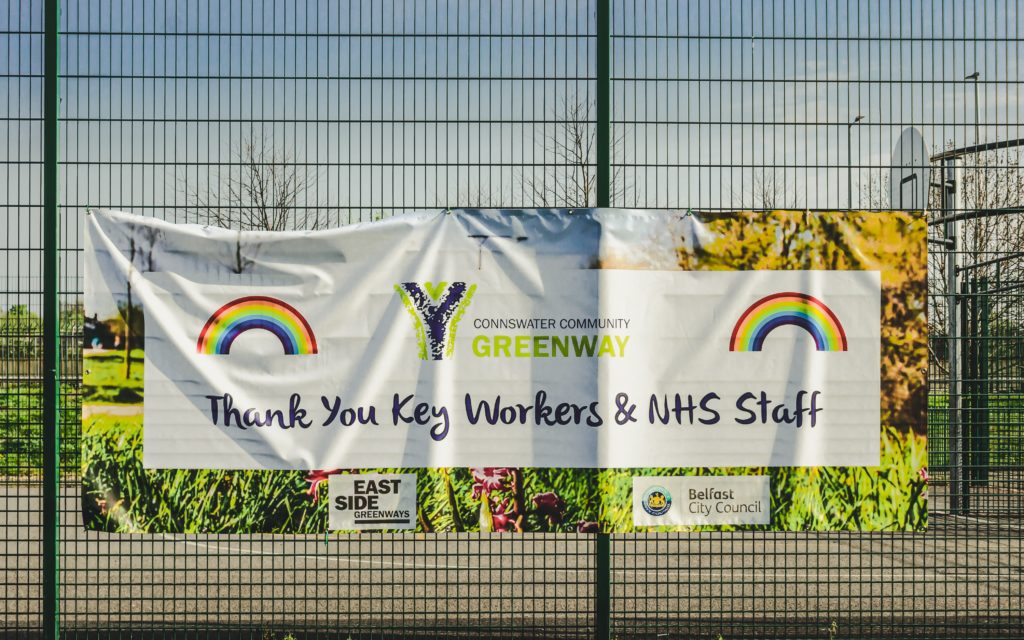The world is in a dire situation. Health and medicine are now at the forefront of most conversations as COVID-19 continues to spread across the globe like wild-fire. While the race to produce an effective vaccine still rages on, progress in these fields requires regular communication amongst researchers globally to share findings and breakthroughs. From pharmaceutical discoveries to diagnosis and lab research, there are a lot of people that need to work together to make the necessary advancements. To do this, they must be able to precisely communicate and understand each other regardless of their language and cultural differences, that’s why translation in the medical field is such a vital job.

There are different reasons why translation is different in the medical field compared to how it is done in other technical fields. When it comes to appropriate translation in medicine, it is much more than just breaking cultural and language barriers, translators have to break the skill gap as well. You’ll understand more as you read on.
3 things that make the medical translation a critical job
1. The high degree of accuracy: As we know, the slightest mistake made in the medical line can easily lead to a dire consequence or even the death of a patient. Imagine prescriptions being translated poorly and in such a way that gives the wrong instruction. This can cause a case of overdose or underdose, both of which can have fatal consequences. The tragic case of Willie Ramirez, where the misdiagnosis of his condition left him a quadriplegic is an unfortunate reminder. When it comes to medical prescriptions, we always recommend to have them typed rather than handwritten to make the content legible.
2. Translators must have some experience in the medical field: For a medical translator to do their job efficiently, they need to have at least an adequate knowledge of the medical field. This means, they must understand the technical terms, and what they mean to different players in the medical field. This is why it is important to look for a translators with proven experience in the industry and ideally some medical training. Medical research is usually carried out consecutively by different people across different continents globally. While they work separately, they must understand each other’s work to help them achieve a breakthrough faster.
Research plays a vital role here and names of clinical studies have to be researched on official sites such as
https://clinicaltrials.gov/ to make sure the official translation is used.
3. They must know the layman’s understanding of medical jargon: In most cases the final consumers of medical works are patients. These patients understand terms and phenomena differently from professionals and will interact according to their understanding. Therefore, there is often a language barrier challenge when professionals have to work with patients who speak a different language.
Medical and pharmaceutical translators must follow some specific templates and the translation team needs to be aware of these specific standards (for example
https://www.ema.europa.eu/en/human-regulatory/marketing-authorisation/product-information/product-information-templates)
With so many rules guarding life sciences translation, it sometimes begs the question of why medical translation is so important in today’s world.
Importance of medical translation
1. To foster international collaboration in research and modern medical practices: The more hands we have working on medical research, the better the chances for a breakthrough. Both in drugs, and diagnosis. For this to happen, everyone needs to be able to understand each other.
2. To reduce language discrimination in access to health care: Proper translation means that everyone can access material, be it drugs or research material. Even OTC medication needs to be translated properly so that they can be understood by anyone and not limited to only a select few.
3. Efficient treatment: The right medical translation means that doctors will be able to understand the patients’ symptoms better, hence they can make the proper diagnosis.
4. Better trust between patients and doctors: Patients feel more comfortable talking to medical professionals that can understand. Therefore, with proper language translation, we can get over the language barrier and foster trust.
5. Medical translation is a legal requirement in some territories so should not be taken lightly.
Possessing the right medical translation will break language barriers as well as reduce the patient-professional language gap. If you want to communicate and offer better services to your culturally diverse customers, you should consider getting a world-class medical translation service. The right person for the job needs to be a proficient translator as well as one who has experience in the medical field. TranslationsInLondon boasts of several years of experience providing medical translations services, and we make sure that we put translators with medical knowledge on the job. Because we understand how vital getting it right is.